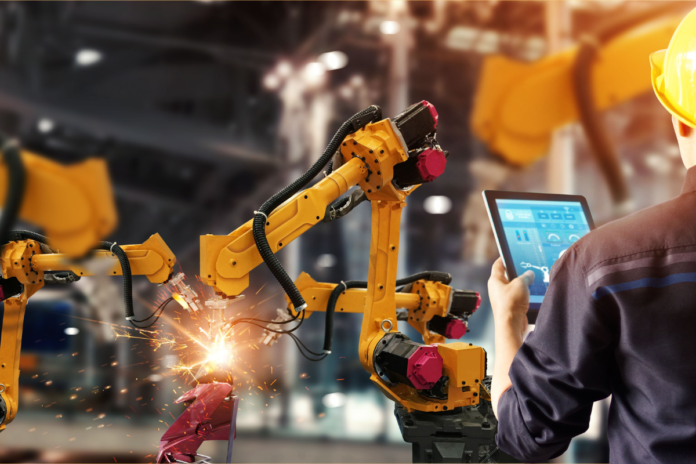Manufacturing has evolved from manual labor to a tech-driven landscape, marked by various industrial revolutions. Smart factories, the latest chapter, integrate traditional manufacturing with cutting-edge technology, incorporating artificial intelligence, big data, and machine learning. These interconnected facilities promise increased efficiency, flexibility, and adaptability, allowing for customized production runs.
In a smart factory, machines and systems communicate seamlessly through the internet of things, enabling real-time data analysis and optimization. Automation technologies, including robotics and advanced sensors, play a crucial role in driving productivity to new heights. Artificial intelligence enhances these technologies, offering predictive maintenance and process optimization.
The economic and productivity implications are significant, with automation reducing human error, accelerating production, and improving ROI. However, this shift towards automation requires a workforce with tech-savvy skills, leading to a transformation in job roles and demands. Challenges such as cybersecurity risks, initial investment costs, and the need for skilled labor must be addressed for successful implementation.
The manufacturing industry’s workforce is undergoing a reimagining, emphasizing digital literacy and the ability to work alongside advanced machinery. Education and training programs are crucial to developing the technical competencies and soft skills required for the evolving industry. Despite the rise of automation, human oversight remains indispensable for ensuring quality, innovation, and ethical practices.
As manufacturing advances, the synergy between technological efficiencies and skilled human workforce becomes crucial for the industry’s success. The future relies on a clear vision that values both machinery and the adaptability of workers in embracing this wave of change.





